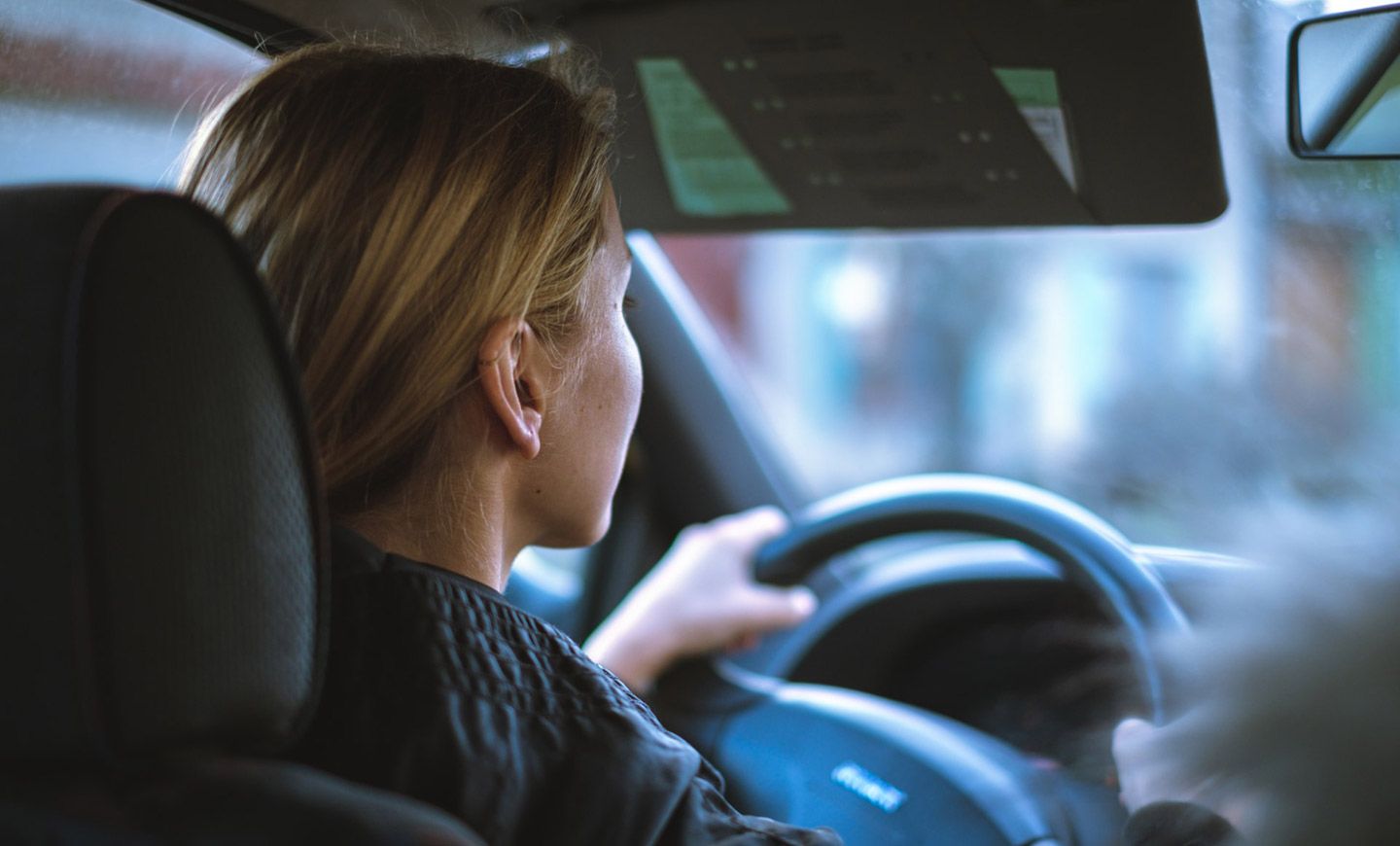Teaching your child to drive is a rite of passage every parent goes through. From the frustration of getting them to use just one foot for the gas and brake to the fear of them taking a turn too sharply, it’s an experience you’ll likely never forget. But nothing is scarier than when your teen finally earns their license and drives off on their own for the very first time. You know how dangerous the roads can be, and no matter how well you taught your teen, there’s still the chance they’ll be involved in a serious accident.
Teen Drivers and Accidents
300,000 teens, ages 16-19, were treated in the emergency room for injuries from a car accident, according to a report from the Centers for Disease Control and Prevention (CDC) in the most recent year for which statistics are available. Even more alarmingly, 2,364 were killed from vehicle collisions. That is roughly six teens dying a day.
The fact of the matter is that car accidents with teen drivers are far too common. Further studies from the CDC have shown that while teens from the age of 15-19 make up just over 6% of the population in the United States but represent nearly 8% of all car accident victims. While we do not want these statistics to scare you, we do want you to be aware of the reality of the situation so you can properly prep your teen on what to do in an accident.
What to Do After an Accident
Because teens will always be among the newest drivers on the road, they rarely have the experience to handle stressful situations. And there is no situation as stressful as being involved in a car accident. You should make sure you sit down with your teen and talk to them about what they should do if the worst happens. Here are some of our tips:
Stay calm: Of course, being in an accident is scary. Even something minor can send someone into a panic. But becoming upset, angry, or afraid won’t help the situation. Advice your teen to stay as calm as possible after a car accident.
Get to safety: Remind them to put on the hazard lights and pull over to the side of the road if possible. Being in the middle of the road is dangerous for them and those around them. By pulling over, your child will lessen the chance of being hit by another driver.
Call for help: Adrenaline and shock can dull the sense of pain. Even if your teen believes their injuries are only minor, it is still a good idea to seek medical help in case they are actually catastrophic. When law enforcement arrives on the scene, advise your teen to cooperate fully with them. Their job is to figure out who is responsible for the accident and what exactly happened. Being open and honest may help their case, but they should also avoid stating opinions, admitting fault, or trying to place blame. Have them state only the facts of the case. Officers may also require you to be at the scene before they can let your teen leave, so you may be able to help them with the process.
Never drive away: A hit-and-run is highly illegal, even if you are the person who was hit. Never flee the scene of an accident. The consequences of doing so will be much worse than if your child had stayed. They may lose important evidence that could help identify that at-fault driver.
Take photos: Taking photos of the scene and of your child’s injuries could help down the line if the adverse insurance company tries to pin blame on them. That evidence may prove vital in their personal injury claim.
Exchange information: Make sure they know to always get the other driver’s name, number, and insurance information before leaving the scene. That way you can contact them when it comes time to file a claim.
Contact a skilled attorney: After your child has gotten treatment, contact a skilled car accident attorney. Insurance adjusters will try to pin the blame for the accident on the less experienced driver, but with a knowledgeable legal team backing your child up, you may be able to claim proper compensation. Remember, parents are allowed to file claims on behalf of their children, so you may begin the process as early as possible.
The Bias Against Teen Drivers
Adults may assume the teen driver is the one at fault without even properly questioning everyone involved in the accident. Even the police are not immune to such biases. Whether your teen was the one at fault may not matter, as the adults in the situation could assume they already know whose fault it is. This means holding the actual at-fault driver accountable may be an uphill battle. That is why if your teen was involved in an accident that wasn’t their fault, you should get in contact with us at Breyer Law Offices, P.C. We have years of experience fighting for our clients’ right to proper compensation. If you think we are the right fit for you, contact us.


